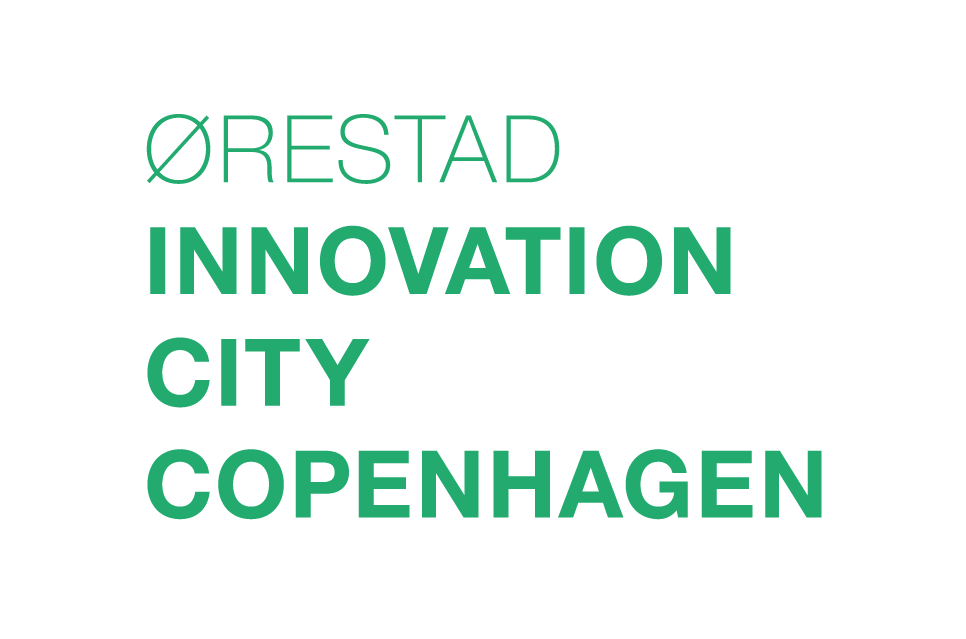By Erik Vittrup Christensen, CEO, Smart Social City
How do you work as an innovation district /Smart City?
Smart Social City (SSC) Global is relatively new company and is part of the Smart Knowledge Group (SK), based in Madrid, Spain. Our vision is to contribute to develop sustainable cities that can nurture and capture human talent ensuring life quality, vibrant cultures and inclusive, prosperous urban economies, with socially mixed population and mixed urban land use. This may be common practice in Europe, but in developing countries characterized by ghetto like class-based developments, this vision is still only a dream. Our city projects include as a core element the notion of “Cities for Innovation” by promoting smart solutions for services, governance and economies, including open social Innovation centers as public facilities as well as local entrepreneurship development. We work closely with local universities to promote linkages between the knowledge economy and the knowledge centers. And design models that prioritize human encounter, interaction and engagement.
Who are your partners?
A core principle in our work is to ensure a solid anchoring with local partners, especially with local governments, local universities, local companies and local civil society. We do this through what we call Smart Social City Knowledge Centers that act as a meeting place, a place to expose knowledge and as our offices for the development of our projects. Our financial partners are found on the international capital markets and we have been positively surprised to discover the interest, among private investors from many countries, in innovative, socially inclusive urban development investments. We welcome more partners to join us, we believe our approach opens opportunities for many types of partners to evolve and test innovative solutions in urban development.
How do you work with sector innovation?
The founder of the company is a pioneer in the concepts of Open Social Innovation, as developed by Stanford University in the late 1980’es. He has transferred his vision to urban development, coupled with the principles of the New Urban Agenda of the Untied Nations. Our approach is not anchored in “sector” innovation as much as in integrated open social innovation. The point of departure is 6 achievements the city must muster: Urban Productivity, Urban Infrastructure, Urban Inclusion, Urban Equity, Urban Environment and Urban Governance. These dimensions are then unfolded in three areas: Smart, Social and City. Our approach to bring in innovation is through national and international competitions at all levels of the projects.
What projects are you currently working with?
We are operating mainly in Mexico and Colombia with the development of large-scale (50Ha – 200Ha) fully integrated and innovative urban development projects. In Leon, Mexico we expect to launch the first of its kind this year and more cities are in the pipeline, including Guadalajara, Veracruz and Lazaro Cardenas in Mexico and Cali, Buenaventura and Yumbo in Colombia. The initial project investments are ranging from €200M to €500M
Who do you compare your organization with?
We are actually looking around to see whom we can compare ourselves with but do really not find any of our kind. We do not represent a specific sector. We are facilitators, enablers and accelerators, more than actual real estate developers. Our modus operandi is to bring together talented organizations and companies towards a shared, socially engaged, private-sector driven vision.
How many partners or membership members part your organization?
SSC has a large number of cities with whom we have signed partnership agreements with and more prominently we have an important partnership agreement with United Nations Human Settlements Programme (UN-Habitat). Besides we are partnering with a number of Universities and of course with a smaller number of financial investor groups. At the moment we are extending our partnerships with specialized companies on specific areas (Energy, construction, water management, recycling, IT, etc.)
How many are employed in your secretary?
Our Secretariat in Madrid has a relatively small footprint with 10 people, but we are in the process of consolidating a larger operational framework in three countries that will include in 2018 around 50 core staff.
What is your vision?
We envision that our development model will stimulate local skills, capacities and political will, to further build on the smart social solutions we bring through the large scale urban projects. We hope that our projects and smart solutions can be more than pilot project and contribute to new visions of cities where human talent is being fostered to ensure city prosperity and modern democratic, safe and stable cities that can survive the big challenge of the 21st century. This is where cities will by their level of competitiveness either prosper or decay in the global completion for survival, as cities double their population over the next 30 years and the struggle to attract investments and more talent.
Read more about the Smart Social City concept here.

